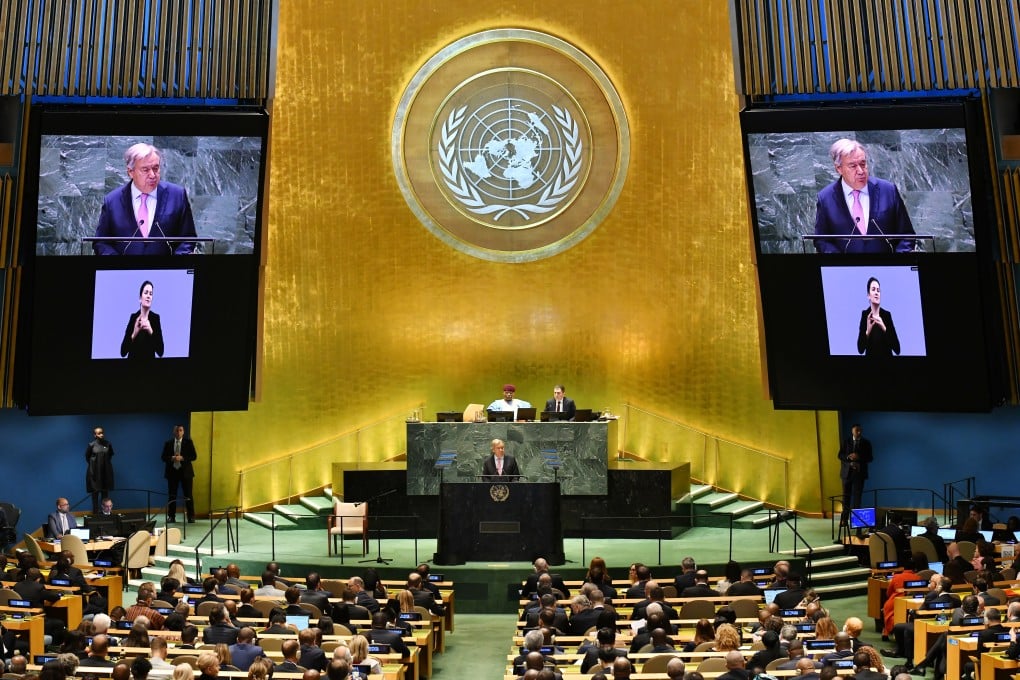Opinion | AI compact proves there’s hope for multilateralism yet
As demand for artificial intelligence increases, the UN and its partners can work to ensure that no one is left behind

Not only are the UN’s own sustainable development goals off-track; in many cases, progress towards meeting them has reversed. The UN’s foundational commitments to peace, security and cooperation feel very foreign at a time when multiple wars are raging, protectionism is on the rise and the world is splitting into rival blocs.
We served as rapporteurs for the secretary general’s high-level advisory body on AI, which was established to meet this worthy challenge. Reflecting the world’s diversity, its 39 members came from every continent, and included representatives from government, academia, civil society and the technology industry.

